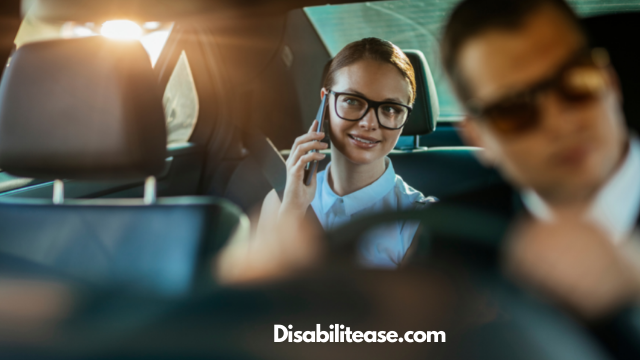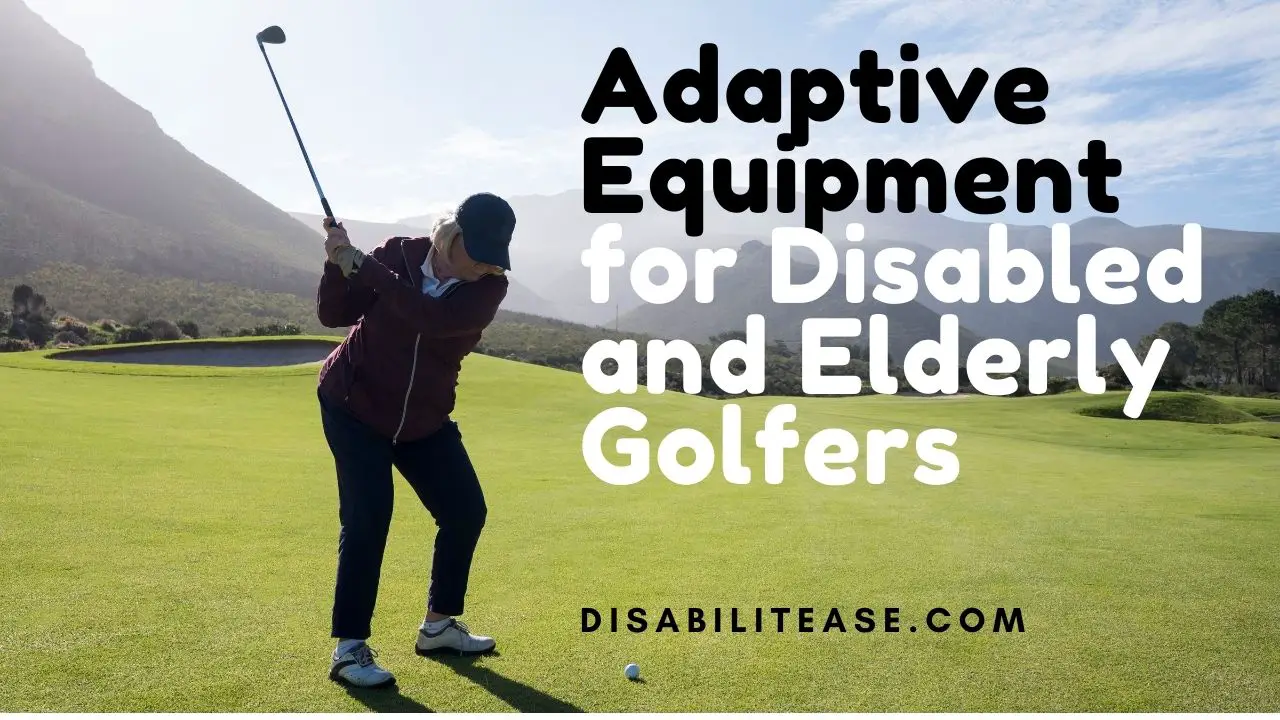Can Colorblind People Get A Driving License? Let’s find out. Colorblindness results due to an abnormality within the color-sensitive nerve cells present in the eye. The condition manifests differently in each individual with varying severity.

Some might be able to see most colors with the exclusion of a few, while some may see grey and white only. However, extreme cases of seeing only grey are very rare.
Because color blindness is a form of visual impairment, many affected individuals wonder if it can disqualify them from receiving a driving license. While driving license laws vary around the world, most western and European countries have highly inclusive requirements.
Here is a related article that might interest you on Can A Blind Eye Be Fixed?
In the USA, Canada, and most European countries, anyone can receive a driving license if they fulfill the standard requirements. Some of these include an eye test where you have to prove the required level of vision and basic knowledge tests regarding traffic rules and regulations.
The contents of the eye test and their implications for colorblind people are explained below.
Table of Contents
Eye chart Test – Can Colorblind People Get A Driving License?
The eye chart is similar to those used in most eye clinics to test eyesight. They include the Uppercase letter “E” followed by multiple rows of letters, each smaller than the above.
Driver’s License Centers use this to confirm your vision’s sharpness based on how far down the chart you can read. Your vision is then rated against the pre-set classifications of vision strengths.
Vision Requirements
Most countries require at least 20/20 vision to qualify for a driving License. However, this has been lowered in recent years. Most states in America require only 20/40 vision in both eyes. It’s important to note that the second number indicates how good or bad your vision is.
A lower second number indicates higher eyesight. 20/15 vision is better than 20/20, and so on. Moreover, even if you have poor vision in one eye, you can still gain an unrestricted driving license on the strength of your better eye. Some of the vision requirements of California, New York, and Texas are explained below:
- In California, you can receive a non-commercial license if you have 20/40 vision in both eyes or 20/70 vision in one eye and 20/40 or above vision in the stronger eye.
- In New York and Texas, you can receive a restricted license with only 20/70 vision in the stronger eye, regardless of the weaker eye vision.
The eye test is merely designed to test the sharpness of your eyesight; therefore, the colors you see do not matter. You can also check your eyesight and find out your rating prior the test through an eye clinic.
There are some states that may require you to pass a colorblindness test as well. However, these are not established to exclude colorblind people but to simply assess the severity of the condition and its possible impact on driving in each individual’s case.
Visual Field Test
Another requirement includes a visual field test to assess your middle and side eyesight. This is because some people have perfect vision for the visual field in front of them but suffer from peripheral (side) vision loss.
The test helps the center assess your road navigation abilities and how well you will behave in cases of nearby traffic and people. Some individuals with colorblindness may have a harder time seeing and recognizing the different objects on the side.
This is because the surrounding cars and objects may disappear in the uniformity of color and become less prominent.
However, most colorblind people make excellent drivers. They have readjusted their minds to pay more attention to their surroundings in order to compensate for the lack of color.
As long as you don’t have any other issues that may disqualify you, you can receive your driving license even with the most severe cases of colorblindness.
Most Driving license centers never question anything related to colorblindness or other visual impairments. Besides colorblindness, driving licenses are also issued to those with eyesight in only one eye. Modern laws are about making the world more inclusive and accessible for individuals with all types of difficulties.
Can Colorblindness Affect Driving?
Colorblind people do not suffer from blurry, shaky, or unclear vision and see the objects around them perfectly. They also do not have any other vision problems, such as farsightedness or nearsightedness, which are common causes of driving accidents.

A common concern most people have is regarding the traffic lights. Since they communicate through colors, many believe that colorblind people will have a problem with adhering to traffic rules.
However, affected individuals use traffic lights’ positions to learn when to stop and go. Even if they are unable to see the colors, they can learn that the top one is red, and so on.
While some may have a problem realizing when a particular light is glowing, they learn to differentiate with the help of comparison. This allows them to navigate throughout their journey without visual support from others.
Recent studies on colorblind people and their driving experience show that they are only as likely to run into accidents as any other normal driver.
Conclusion
Having colorblindness does not mean you cannot gain a driver’s license. Most license tests are designed to assess your eyesight sharpness, peripheral sight, and basic driving knowledge.
Also, make sure to check out my post on What Are The Types Of Blindness?
As long as you showcase adequate levels of knowledge regarding traffic rules, laws, and driving manners, you can gain an unrestricted driver’s license.
It is also important to disclose every eye condition and vision problem that you may have to the best of your knowledge. Hiding or downplaying a condition that can affect your diving can lead to serious legal consequences.

Hi, my name is Eddie, I am a professional trainer specializing in the elderly population and I’m also a website designer. I love training in the gym, going to the beach, traveling, and having good food.
I combined my love for sport and website designing to make “DisabilitEase” whose purpose is to help elderly and disabled people live a more full and active life, have more fun, and enjoy their unique journey despite any disability.



